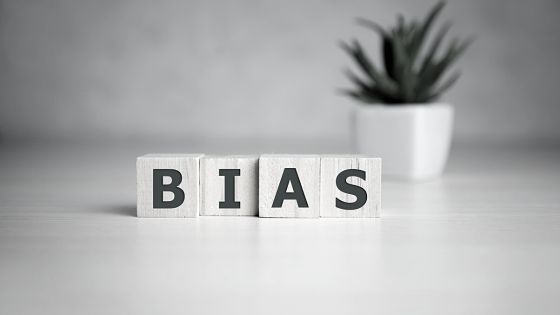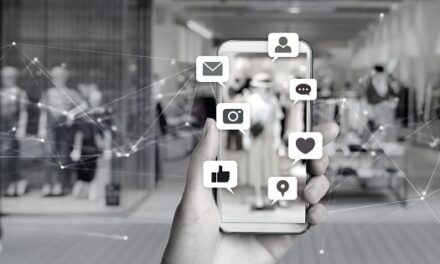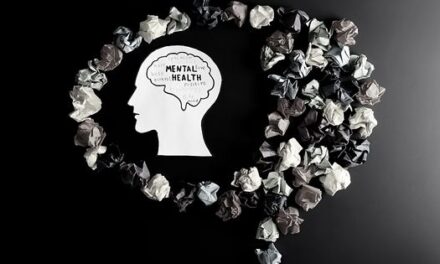Have you ever recommended a movie to someone that they didn’t enjoy? When they told you they weren’t a fan, did you think to yourself, “How on earth could they not like it?” Or, maybe you were recommended a movie by a friend that you thought was so dull that it left you #mindblown that they didn’t notice it was (in your opinion) “one of the worst movies ever released”.

What about COVID-19? Were you vaccinated? When you learned that there are people who don’t believe in the vaccine for whatever reason, what did you think of their decision? Did you think that they were irrational? Maybe it’s the other way around: perhaps you wonder how they could have agreed to be vaccinated.
Or at work. Consider this. You’ve just been in a meeting with a prospective supplier. They delivered a sales presentation to you and a colleague. You thought the presentation was awful but on chatting to your colleague, you learn that they thought it was impressive. You’re baffled. You wonder how anyone with any experience in the industry could have been impressed by the presentation – you start to doubt your colleague’s professionalism and capability.
In each of these scenarios, there’s a cognitive bias at play. A bias that’s possibly the most important idea in social psychology: Naïve Realism.
Naïve Realism – The idea that people believe the way they see the world is objective and without bias. It’s the idea that we, not others, see the world as it is.
Because of this cognitive bias, we believe that what we see and how we interpret things is the true reality and that all other ‘well-adjusted’ people will see the world that way too. We also believe that if others do not, they must be ill-informed, biased, or irrational.
This cognitive bias means we can rely too heavily on our point of view. Instead of trying to understand the world through the perspective of others, we think of ourselves and our perspective as superior.
But, we don’t experience the world as it is.
We don’t see reality.
The way we each see the world is often totally different.
What we do see and how we interpret things is subjective. It’s our mind’s interpretation of the world influenced by a plethora of things such as our emotions, our personality, our values, our beliefs and our experiences.
This means that no two people will ever see the world the same way. Ever.
People experiencing the same event at the same time will have different perceptions, different interpretations, and different but equally confident conclusions.
The influence and impact of this bias can be seriously destructive: it can wreck personal and professional relationships, societies, and communities. It can create polarisation and conflict.
With an understanding of this bias –what it is and how it can impact us– we can each be better for ourselves and each other. For instance, we can be more curious, more empathetic, more patient and more understanding. We can also be kinder and more compassionate. And just think about what that would do to the way we live and work …
Here’s what you can do to minimise the impact of this bias:
Get curious about others:
Ask questions, seek to understand (and make sure to listen).
Check-in with yourself, regularly:
Be present in the moment and reflect on whether the bias is at play.
Reconsider your perspective:
Consider your perception of the world as an opinion rather than an objective worldview.
Seek to be challenged:
Actively try to find a viewpoint that is different to your own.
Spread the word at work:
If you’re a leader, bring this up with your teams and your organisation. Our workplaces could all benefit from real diversity of thought and perspective. With all the D&I (Diversity and Inclusion) work done in organisations, we’re yet to hear anyone talk about this bias!






















